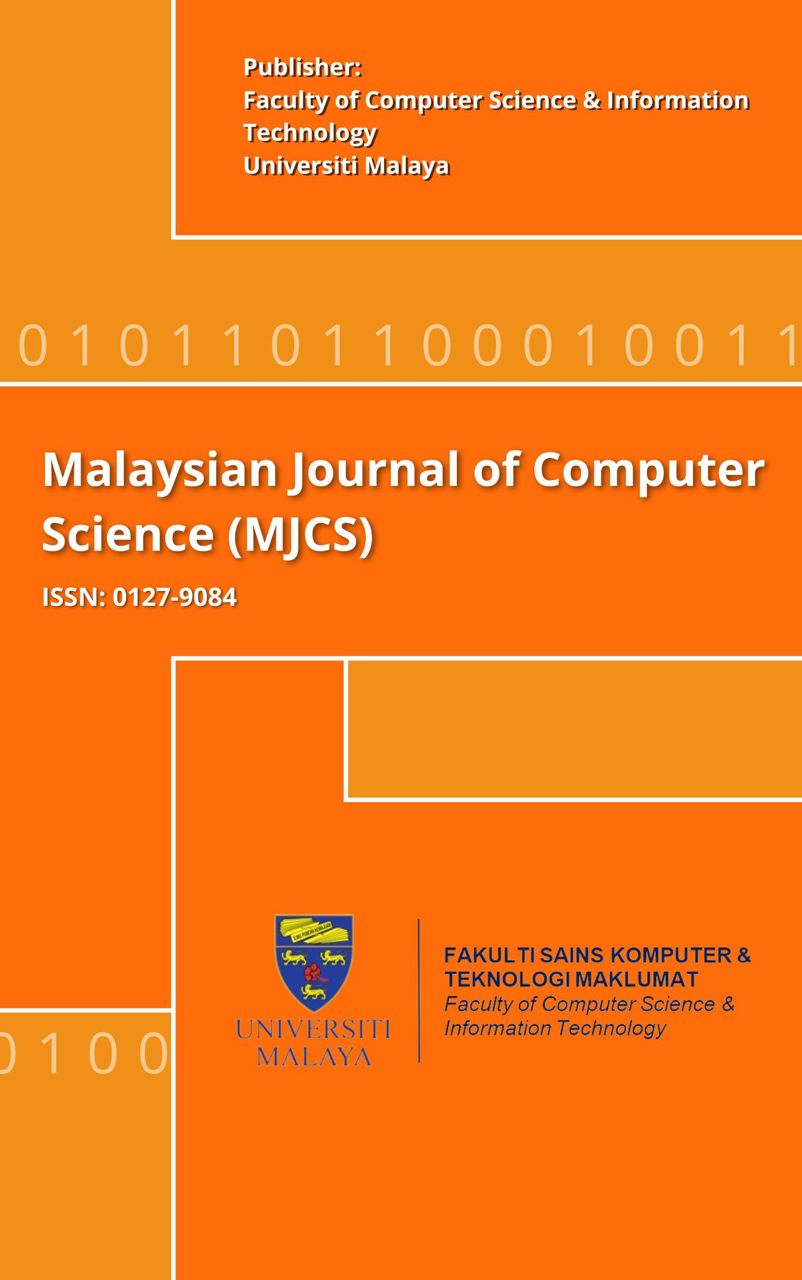ENHANCED VERSION OF SEEDING AND CONSTRAINT SUPPORT IN IPOG STRATEGY FOR VARIABLE STRENGTH INTERACTION T-WAY TESTING
DOI:
https://doi.org/10.22452/mjcs.vol36no4.3Keywords:
Software testing, Combinatorial testing, T-way techniques, Seeding support, Constraint support, One-parameter-at-a-time approachAbstract
Interaction strength testing (known as t-way testing) is one of the effective software testing techniques used to find problems with how system components interact with one another. The emergence of variable strength interaction occurs because of the covering array's identified limitation, which prevents it from handling varying parameter testing strengths. Several works were formed in t-way testing to generate a small test suite size using either One-Parameter-at-a-Time (OPAT) or One-Test-at-a-Time (OTAT) approach and base on interaction strength that include uniform, variable and/or input-output relation interaction, since t-way testing is highly complicated (NP-hard). However, no single OPAT t-way strategy claims to support seeding and constraint in variable strength interaction. Motivated by these challenges, the paper presents an enhanced version of IPOG strategy for t-way testing with seeding, constraint, and variable strength interaction supports, named SCIPOG-VS. To assess its efficiency, experiments were performed and compared to other strategies supporting variable strength interaction. Experimental results demonstrated that SCIPOG-VS is competitive in terms of test suite size, and execution time against other existing strategies significantly. We statistically tested our findings with a non-parametric Wilcoxon Signed Rank test, despite this, the outcome shows a significant difference in the size of the test suite between the various strategies.






